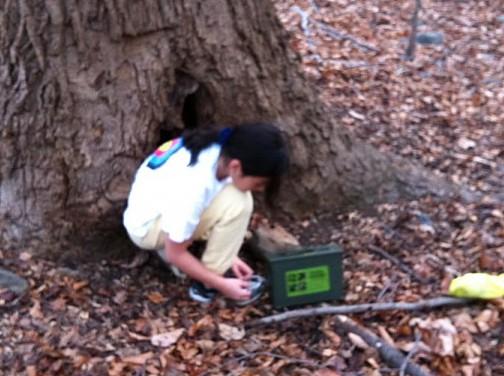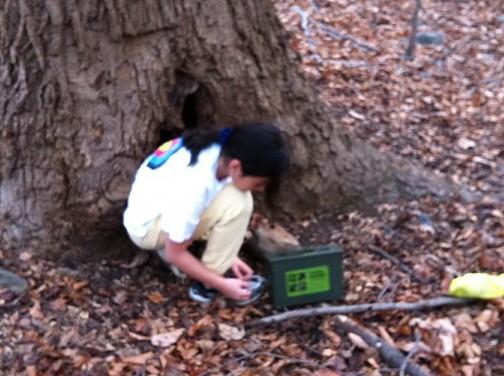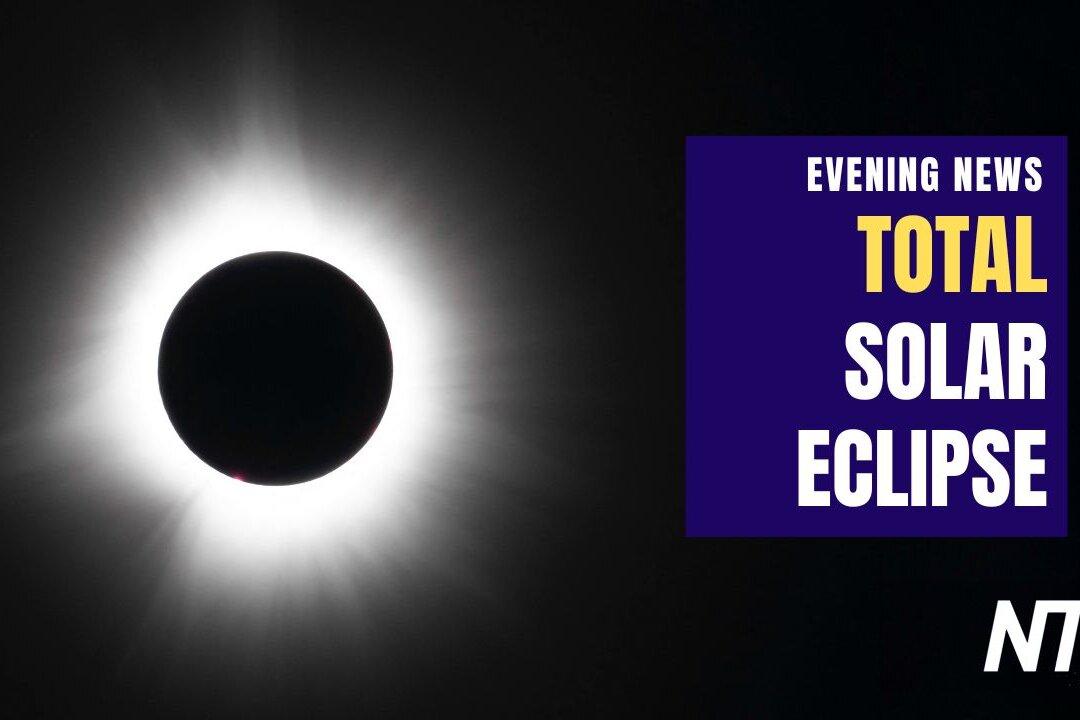NEW YORK—Hidden messages, maps to trace, and codes to break ... sounds like you are watching an Indiana Jones movie. This was just one of the hundreds of days Brett Rogers has spent while geocaching—a unique treasure hunt aided by modern technology. Participants try to find a hidden container using only their GPS devices. They can also hide a container for others to find.
To an outsider, finding a target with an advanced GPS may not sound challenging, but experienced geocachers know that the game is not as easy as it seems.
Rogers’ friend Cully Long created a geocache called “PMC2: Culper Junior” located in Manhattan that tied in with the history of the Culper Gang, a Revolutionary War-era spy ring that operated in New York in support of Gen. Washington.
“It took several days to work through, but they all led to a cache with one of the most spectacular views you can experience from the island of Manhattan,” described Rogers.
“It was the perfect blend of history, puzzle, and location.”
More than a decade ago, when the Clinton administration turned off Selective Availability (SA), which is the intentional degradation of the Global Positioning System (GPS) signals available to the public, the game of geocaching was born overnight. What started off as a hobby exclusively for tech-savvy adventurers is now a popular outdoor activity all around the globe.
“In any urban environment, geocaches have to be designed well enough that they won’t be easily discovered by people who aren’t playing the game—and if they are, designed so as not to cause alarm. That leads to small, very well-hidden containers—sometimes no bigger than a fingernail,” said Rogers, who works in finance. “And although the GPS system is very accurate, and certainly more accurate than it used to be, the typical consumer-level handheld receiver usually has an error band of between 20 and 30 feet.”
The difficulty of each geocache varies from walking on flat terrain to climbing trees and treading through water to search for the cache. In addition, the game can be designed with a theme and includes many steps and puzzles.
With the establishment of Geocaching.com, which is a website dedicated to the activity of geocaching, participants could search for geocaches nearby, create new geocaches, record their experiences, and find a geocaching community. The website also provides ratings for each cache, including level of difficulty, amount of equipment needed, and size of cache.
Geocaching in New York
Though geocaching has been around since 2000, it continues to be intriguing for participants, especially in the city.













Friends Read Free